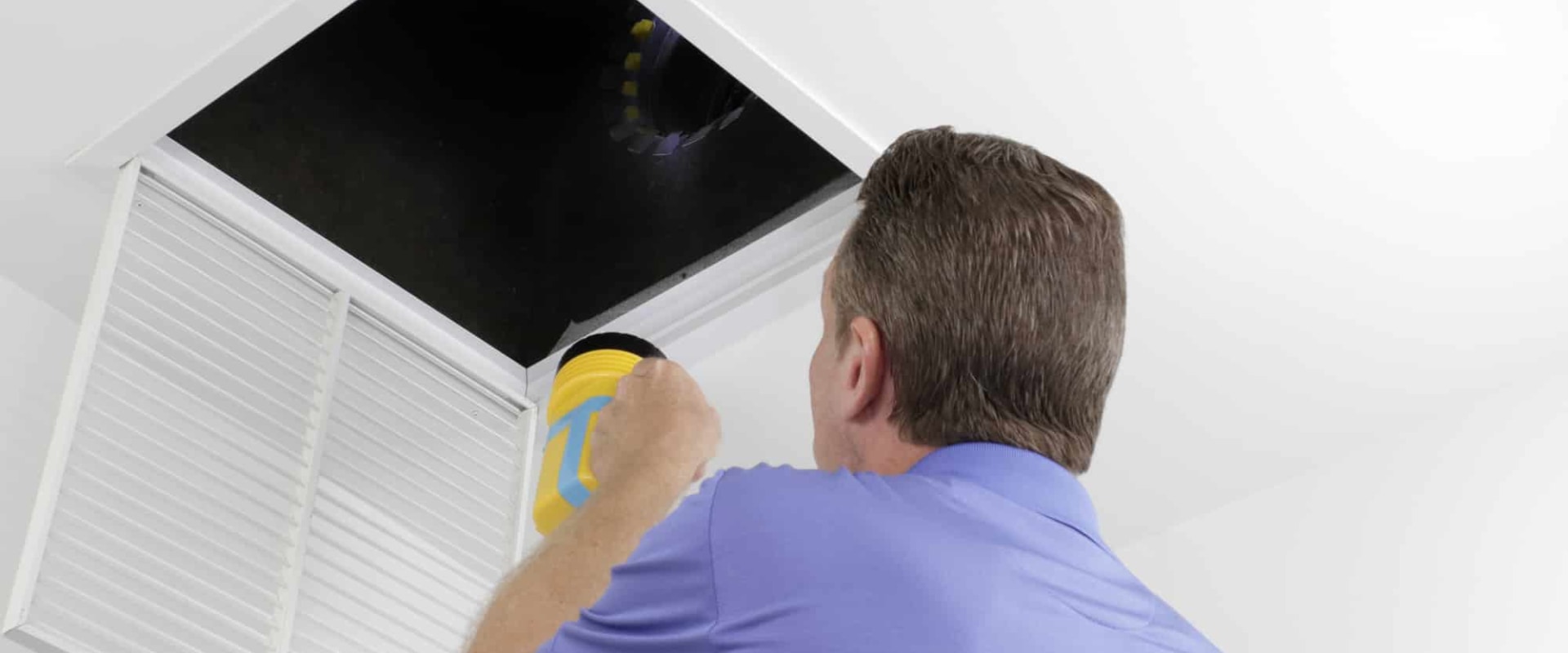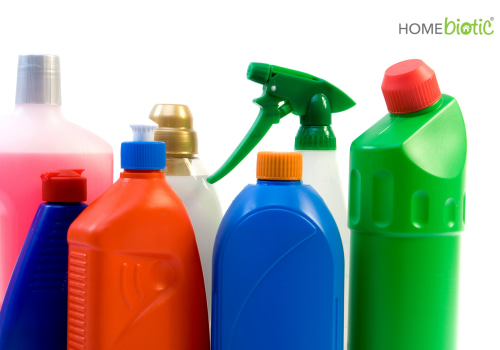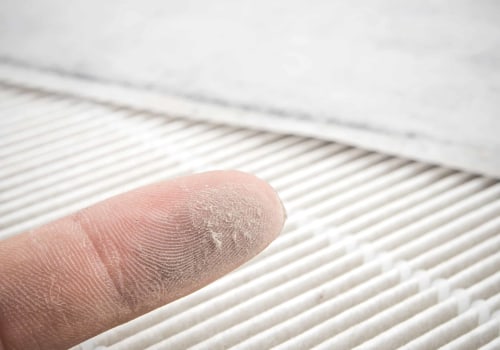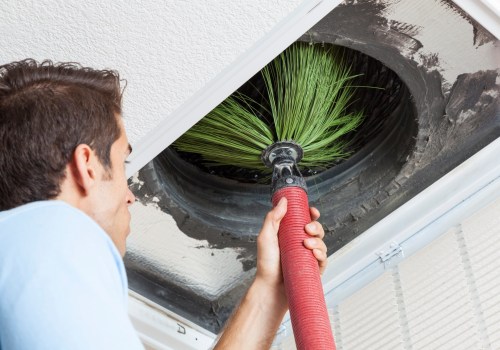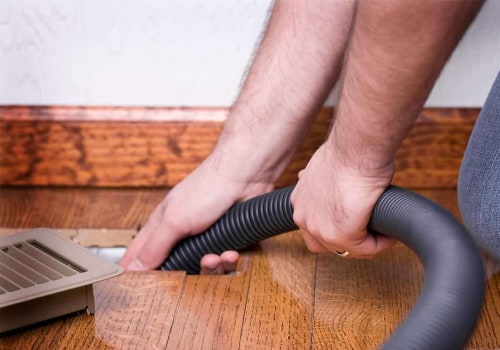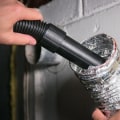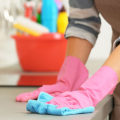When it comes to ensuring optimal indoor comfort and air quality, HVAC systems stand as vital components of every home. However, amidst the focus on regular HVAC maintenance, one often overlooked yet significant factor that directly impacts both the efficiency of these systems and energy bills is the cleanliness of air ducts. In this comprehensive article, we delve into the crucial link between air duct cleanliness, HVAC efficiency, and its direct influence on your energy costs.
Air ducts, the hidden conduits responsible for distributing heated or cooled air throughout your home, can accumulate dust, dirt, allergens, and even mold over time. This build-up can hinder the smooth flow of air, causing your HVAC system to work harder to maintain the desired temperature, resulting in increased energy consumption and subsequent utility costs.
For homeowners in the Los Angeles area seeking expert air duct cleaningservices, Naturally Green Cleaning offers top-tier solutions to improveyour indoor air quality and enhance HVAC efficiency. To learn more about their comprehensive air duct cleaning services and how they candirectly impact your energy costs, visit https://naturallygreencleaning.com/air-duct-cleaning-los-angeles/.Embrace the benefits of clean air ducts, experience energy savings, andensure a comfortable and cost-effective indoor environment for you andyour loved ones
To understand the true impact of dirty air ducts, it is essential to grasp how the efficiency of your HVAC system is intricately linked to the cleanliness of these ducts. When air ducts are clogged or obstructed, the airflow becomes restricted, forcing the HVAC system to compensate by running for more extended periods to achieve the desired temperature. This not only places a strain on the system but also significantly increases energy consumption, leading to soaring energy bills.
By investing in professional air duct cleaning services, you can break this cycle of inefficiency and excessive energy expenditure. Regular air duct cleaning ensures that the ductwork remains clean, unobstructed, and optimized for smooth airflow. This, in turn, allows your HVAC system to function at its full potential, minimizing energy usage, and ultimately reducing your energy costs..
Understanding HVAC Efficiency
HVAC systems are responsible for providing heating, ventilation, and air conditioning, ensuring that indoor spaces remain comfortable throughout the year. An efficient HVAC system not only enhances comfort but also reduces energy consumption, leading to cost savings for homeowners. Several factors can influence HVAC efficiency, and one of them is the condition of the air ducts.
The Role of Air Ducts in HVAC Systems
Air ducts form the network through which conditioned air is distributed throughout your home. The ductwork consists of various components, including ducts, registers, and grilles, ensuring even airflow to different rooms. Proper air duct design and installation are vital for achieving optimal HVAC efficiency.
How Dirty Air Ducts Affect HVAC Efficiency
Over time, air ducts can accumulate dust, debris, and other contaminants. This build-up can lead to a range of problems that directly impact HVAC efficiency.
- Consequences of dust and debris buildup on airflow: The presence of dust and debris can obstruct airflow, reducing the amount of conditioned air that reaches your living spaces. As a result, your HVAC system has to work harder to maintain the desired temperature, leading to increased energy consumption.
- Impact of contaminants on indoor air quality and health: Dirty air ducts can release particles and allergens into the air, compromising indoor air quality. This can lead to respiratory issues, allergies, and other health concerns for you and your family.
Restriction of Airflow and Increased Resistance
As dust and debris accumulate in the air ducts, they can create a barrier that restricts the flow of air. This restriction causes increased resistance in the ductwork, negatively affecting HVAC efficiency in multiple ways:
- Pressure differentials: The restricted airflow can result in pressure imbalances within the HVAC system, reducing its overall performance and efficiency.
- Reduced air circulation: Insufficient airflow can lead to uneven temperature distribution throughout your home, making certain areas uncomfortable while leaving others too hot or too cold.
Increased Strain on HVAC Components
Dirty air ducts can also place additional strain on various components of your HVAC system:
- Effects on fan motors and air handlers: The accumulation of dust and debris on fan motors and air handlers can force these components to work harder, increasing energy consumption and potentially leading to premature wear and tear.
- Potential damage to HVAC equipment: If left unaddressed, the increased strain on HVAC components can lead to breakdowns and costly repairs, impacting your budget and overall system lifespan.
Energy Bill Impact of Dirty Air Ducts
Dirty air ducts can significantly impact your energy bills, leading to higher costs:
- Escalating energy consumption: Reduced HVAC efficiency means your system has to work longer and harder to achieve the desired indoor temperature, resulting in increased energy usage and higher bills.
- Unexplained spikes in monthly energy costs: If you notice sudden increases in your energy bills without a change in usage patterns, dirty air ducts could be the culprit.
Solutions for Improving HVAC Efficiency
To enhance HVAC efficiency and reduce energy consumption, consider implementing the following solutions:
- Regular HVAC maintenance and air duct cleaning: Schedule professional air duct cleaning regularly to keep your ducts free from debris and contaminants. A clean duct system ensures efficient airflow and better indoor air quality.
- Upgrading to energy-efficient HVAC systems: Investing in energy-efficient HVAC units and components can significantly lower your energy bills in the long run, offsetting the initial investment over time.
- Using programmable thermostats and zoning systems: Optimize your HVAC system's operation by installing programmable thermostats and zoning systems, allowing you to control temperatures in different areas based on usage and occupancy.
FAQs
1. How often should air ducts be cleaned?
It is recommended to have your air ducts professionally cleaned every 3 to 5 years. However, homes with pets or residents with allergies may require more frequent cleaning.
2. Can I clean air ducts myself?
While there are DIY air duct cleaning kits available, it's best to hire a certified HVAC technician with the appropriate equipment and expertise to ensure thorough and safe cleaning.
3. Can dirty air ducts cause health problems?
Yes, dirty air ducts can release allergens and pollutants into the air, leading to respiratory issues, allergies, and other health concerns, especially for individuals with pre-existing respiratory conditions.
